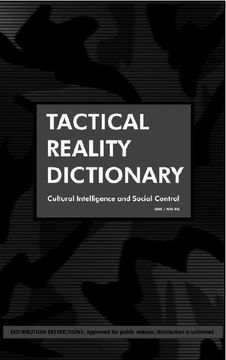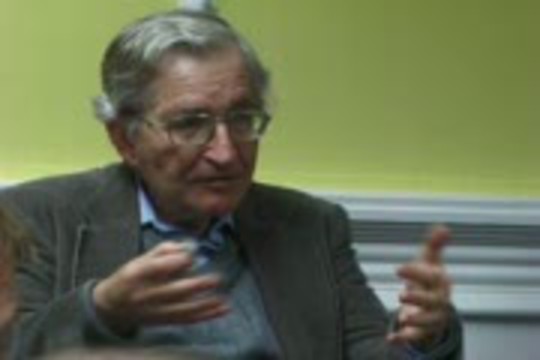Marco Deseriis
Marco Deseriis is a Postdoctoral Fellow at the Eugene Lang College of
The New School. His recent publications include ?The General, the
Watchman and the Engineer of Control: The Relationship between
Cooperation, Communication, and Command in the Society of Control,?
Journal of Communication Inquiry Special Issue on Communication and
Autonomism, Ed. Jack Bratich (October 2011).
www.newschool.edu/lang/faculty.aspx?id=70519




